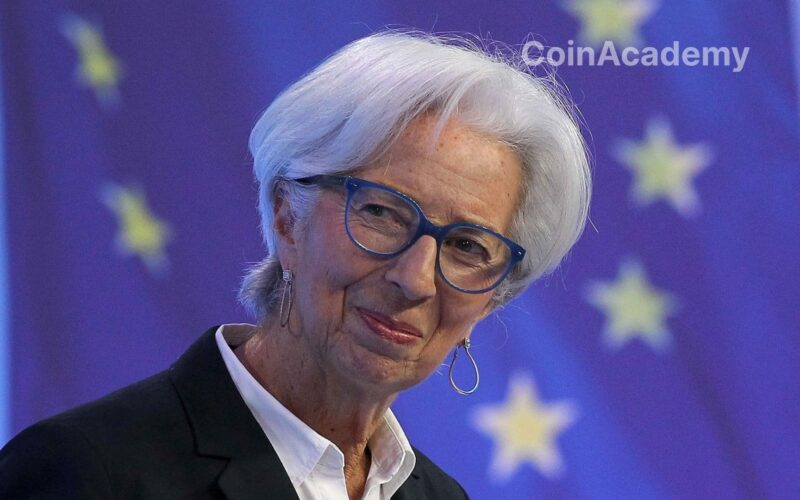European Central Bank welcomes legislative plans for digital euro
The European Central Bank (ECB) has expressed satisfaction with the legislative plans of the European Commission (EC) regarding the imminent digital euro. During a speech on September 4, Fabio Panetta, a member of the ECB’s executive board, informed the European Parliament’s Committee on Economic and Monetary Affairs that these proposals could usher in a new era in the evolution of the central bank’s digital currency (CBDC). Panetta sees this development as a strategic maneuver to restrict the impending monopolization of private payment services, thus promoting economic stability.
Preserving monetary sovereignty through the digital euro
Panetta, who is notably critical of cryptocurrencies, views the EC’s digital euro initiative as a revolutionary paradigm instrumental in maintaining monetary sovereignty in Europe. He emphasized that this project guarantees Europeans continued access to public means of payment, whether physical or digital, despite the growing dominance of closed networks in the private payment sector. Drawing a parallel with private messaging platforms that urge users to adapt to prevailing systems, he highlighted the need to offer a solid public alternative.
Privacy and legal tender status: Cornerstones of the proposal
The proposals detailed by the EC on June 28 emphasized granting legal tender status to the digital euro, thereby mandating its universal acceptance for transactions. In his speech, Panetta praised the EC’s foresight in crafting privacy provisions, stressing that the European system would remain oblivious to the personal intricacies of digital euro users, thus eliminating any potential link to personal identities. He outlined enhanced privacy measures, where intermediaries would be limited to acquiring indispensable user information necessary for compliance and integration processes.
Privacy protection is one of the key aspects of the European Commission’s legislative proposal on the digital euro. This new payment solution would offer a high level of privacy and data protection, while minimizing the risks of money laundering and terrorist financing.
Fabio Panetta
Furthermore, the initiative promises to replicate cash-like privacy in an offline payment environment, without the intervention of intermediaries or central banks. In line with this, Panetta highlighted the crucial role of balanced pricing policies and the enabling role of the ECB in maintaining financial equilibrium through strategic tools, including the imposition of holding limits.




